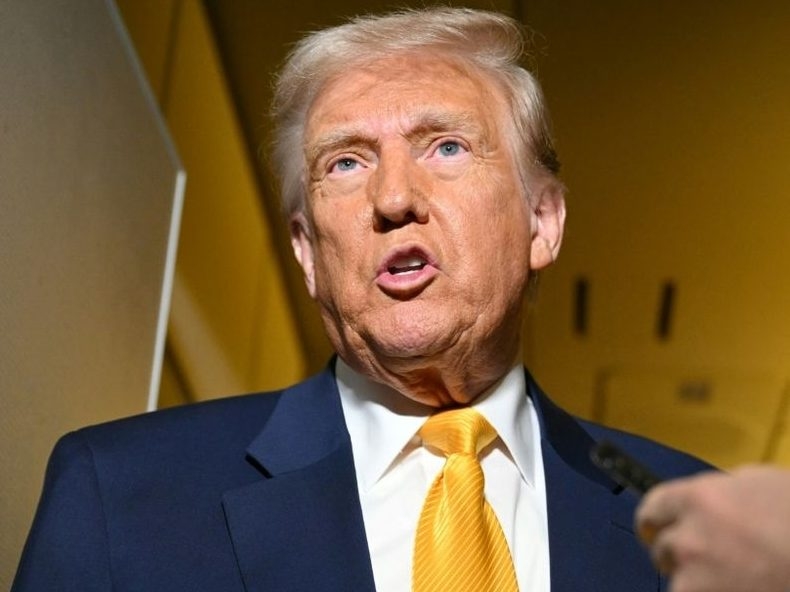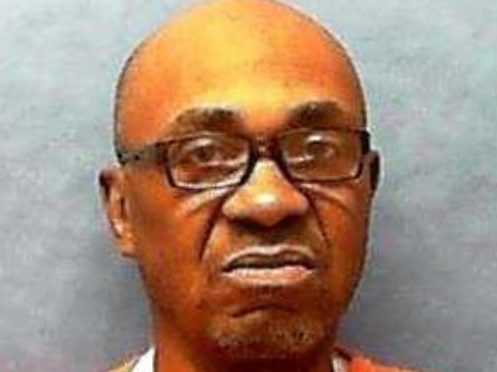A firestorm erupted after a video surfaced featuring six Democratic lawmakers – veterans of the military and intelligence communities – cautioning that threats to the Constitution weren’t limited to foreign adversaries. Their message, a warning about potentially unlawful orders, appeared to deeply unsettle a former president known for exacting retribution against perceived enemies.
The response was swift and incendiary. Online, the former president demanded the “ARREST” of these lawmakers, branding their actions “SEDITIOUS BEHAVIOR AT THE HIGHEST LEVEL.” The rhetoric escalated, with a chilling addition: a claim that such behavior was “punishable by DEATH!” and a resurfaced historical call for execution.
The lawmakers’ concerns stemmed from questions surrounding recent military actions authorized by the administration. Some service members were reportedly grappling with the legality of strikes targeting individuals accused of narcotics trafficking by sea, prompting the lawmakers to reaffirm a critical principle: the right to refuse illegal orders. Senator Mark Kelly, a Navy veteran, succinctly stated, “Our laws are clear. You can refuse illegal orders.”

The former president’s words immediately drew condemnation from Democrats, particularly given the heightened anxieties surrounding rhetoric that could incite political violence. Senator Chuck Schumer alerted Capitol police, fearing potential threats against those who participated in the video, organized by former CIA analyst Elissa Slotkin.
Slotkin herself responded with a stark rebuke, stating that threatening death for disagreement was “beyond the pale” for Americans. However, a White House spokesperson attempted to downplay the severity of the former president’s comments, claiming he wasn’t suggesting violence, while simultaneously labeling the lawmakers’ message as “very dangerous” and potentially unlawful.
The Pentagon remained silent, but the situation underscored a fundamental tenet of military service: obedience to lawful orders. The Uniform Code of Military Justice requires adherence to legal commands, though service members are obligated to defy those deemed “manifestly unlawful.” Crucially, the oath is to the Constitution, not to any individual.
The debate ignited a broader discussion about the limits of presidential power and the potential for overreach. The administration has faced scrutiny for actions like deploying troops in states against governors’ wishes, leading to legal challenges and accusations of violating the Posse Comitatus Act – a law restricting the military’s involvement in domestic law enforcement.
This isn’t an isolated incident. Throughout his time in office, the former president has repeatedly accused individuals and groups of treason, and increasingly demanded investigations into his critics. Recent examples include the replacement of a federal prosecutor who declined to pursue charges against a political opponent, and the initiation of probes targeting prominent Democrats and former intelligence officials.
The Justice Department’s response has been carefully watched. A high-ranking official suggested the lawmakers “should all be held to account,” raising the specter of federal investigations and even prosecution under laws related to insurrection. This comes as the administration continues to defend its actions, arguing that all orders issued are lawful, even those sparking legal debate.
A legal advisor to the Defense Secretary cautioned against “vague rhetoric” that could jeopardize service members’ careers and freedom, warning that encouraging troops to interpret orders based on partisan politics could “spark chaos.” The situation highlights a dangerous intersection of political pressure, military obedience, and the rule of law, leaving many to question where the lines will be drawn.



